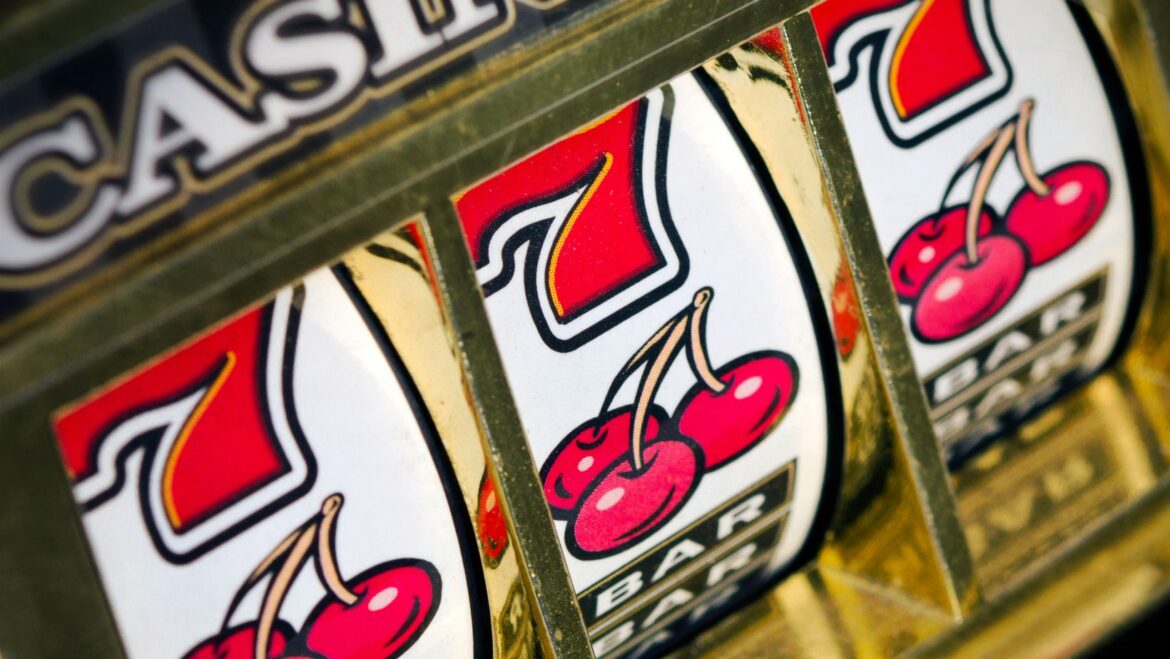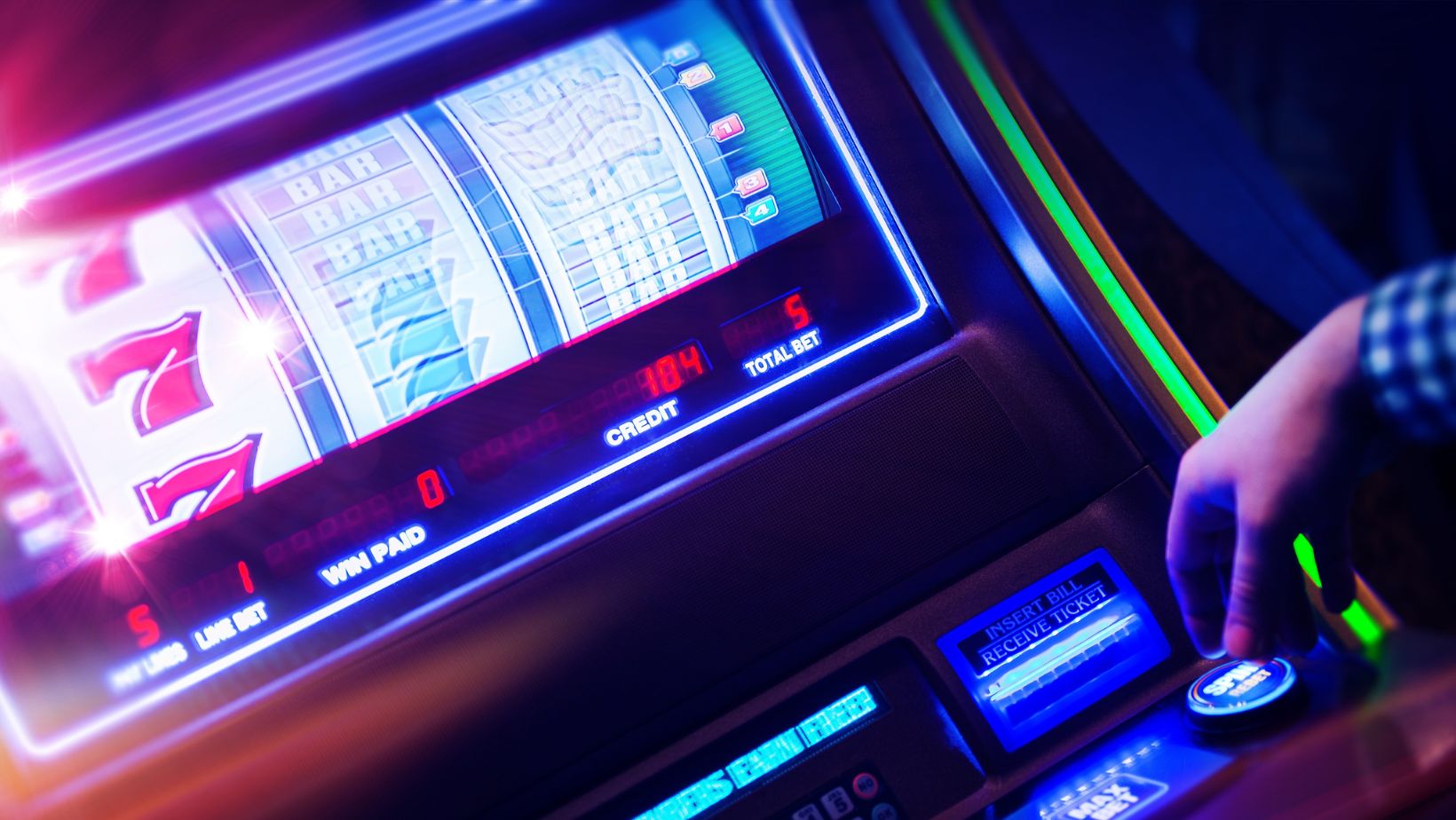Pre-game betting gives you hours or days to research, analyze, and decide. Live betting gives you thirty seconds between plays to process information, evaluate odds, and commit money. This time pressure fundamentally changes how your brain approaches wagering decisions.
I spent three months comparing my pre-game and live betting sessions, tracking decision quality, bet sizing, and emotional responses. The differences weren’t subtle—they were dramatic. Live betting didn’t just change what I bet on; it changed how I thought about betting entirely.
Here’s what happens to your decision-making when the clock is running and the odds are shifting in real-time.
Real-time entertainment thrives on split-second decisions and emotional engagement—N1Hype proves this with explosive MMA fights designed for viral moments, fan voting, and unpredictable matchmaking that keeps audiences emotionally invested throughout each event.
The Urgency Trap
Live betting operates on manufactured urgency. Odds change every few seconds, creating artificial pressure to act quickly before “missing out” on value. This urgency bypasses your analytical thinking and activates impulsive decision-making systems.
Pre-game betting lets you walk away, research more, or simply decide not to bet. Live betting whispers “bet now or lose this opportunity forever” every fifteen seconds throughout a three-hour game.
Personal example: During a basketball game, I watched the spread move from -4.5 to -3.5 after an injury. I had twelve seconds to decide before the next play. I bet immediately, fearing the line would shift back. Later analysis showed I would have had the same opportunity three more times during the game, but the urgency made it feel like a now-or-never decision.
Information Overload Under Pressure
Live betting floods you with constantly changing information: score updates, injury reports, momentum shifts, statistical updates. Your brain can’t process this information stream effectively while simultaneously evaluating betting opportunities.
Pre-game research happens in quiet, focused environments where you can weigh factors carefully. Live betting forces you to process information while experiencing the emotional highs and lows of watching the game unfold.
The result? You make decisions based on the most recent or emotionally impactful information rather than the most relevant information.
Key insight: The last thing that happened feels more important than it actually is when you’re betting live. A single touchdown can make you completely reevaluate a game, even when it barely changes the statistical outlook.
The same pressure-driven decision-making affects other gambling formats—many bettors turn to Rakin’ Bacon Slot Machine Tips and Tricks: Strategy Guide seeking quick-decision strategies that mirror their live betting approach, often with similar psychological pitfalls.
The Sunk Cost Spiral
Pre-game bets are static. You make your wager and wait for the outcome. Live betting creates multiple decision points throughout the game, each one colored by your previous bets.
If your pre-game bet is losing, live betting offers constant opportunities to “fix” the situation with additional wagers. This creates dangerous sunk cost thinking: throwing good money after bad to justify previous decisions.
I tracked this pattern in my own betting. When my pre-game bets were winning, I made 40% fewer live bets during the game. When losing, I averaged 2.3 additional live bets per game, always trying to “get even” before the game ended.
Momentum Illusion
Live betting amplifies the psychological impact of momentum. A team scores twice quickly, and suddenly they feel unstoppable. The live odds adjust, but your emotional assessment adjusts much more dramatically.
Pre-game analysis considers full-season performance, injury reports, and statistical matchups. Live betting gets dominated by what happened in the last five minutes of game action.
Reality check: I reviewed 50 games where I made live bets based on “momentum” shifts. In 34 cases, the momentum completely reversed within the next 10 minutes of game time. What felt like a decisive turning point was usually just normal game variance.
The Hedge Bet Temptation
Live betting makes hedging look attractive. Your pre-game bet is winning, and you can “guarantee” profit by betting the other side live. This seems mathematically sound but often destroys your expected value.
Successful hedging requires precise calculations about implied probabilities and juice. Live betting’s time pressure makes these calculations nearly impossible. Most hedge bets reduce your expected profit while eliminating the chance of your original bet paying off fully.
Why Emotional Control Disappears
Pre-game betting decisions happen when you’re emotionally neutral. Live betting happens when you’re experiencing the full emotional rollercoaster of watching games unfold.
Every play affects your financial interests directly. Your team scores—you’re happy about the game and excited about your bet. They fumble—you’re frustrated with the team and worried about your money. These emotional swings destroy objective decision-making.





